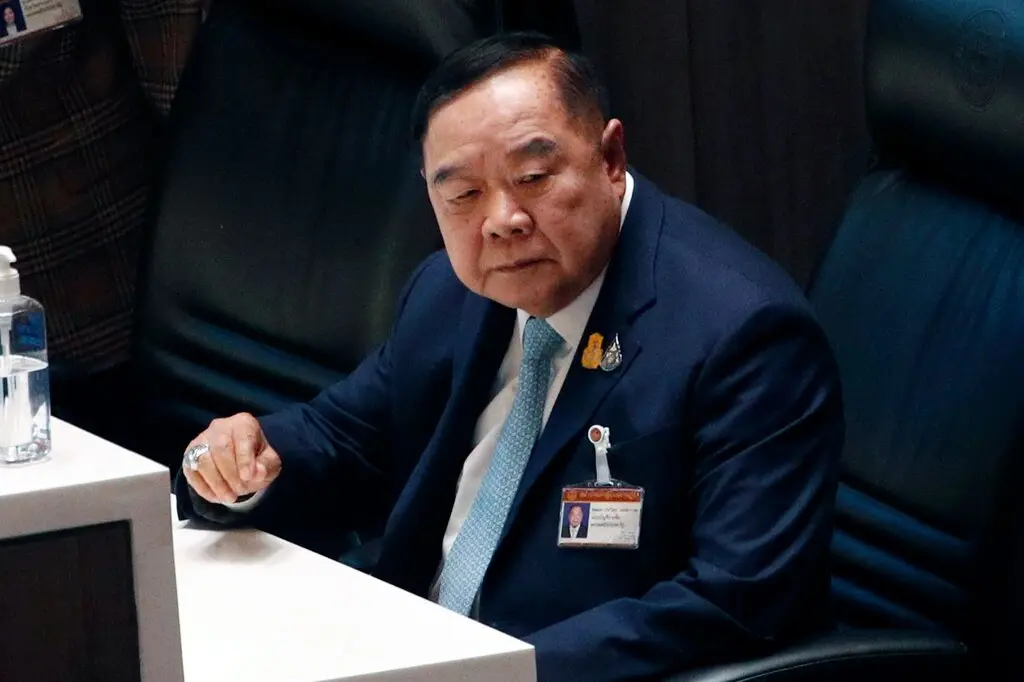Influential Thai politician Prawit Wongsuwon is under formal investigation following allegations that he physically assaulted a female reporter. The 79-year-old Member of Parliament and former army chief was filmed striking the journalist several times after she asked him a question, an incident that has sparked widespread condemnation.
The confrontation occurred on August 16, shortly after Paetongtarn Shinawatra of the Pheu Thai Party was elected as Thailand’s new prime minister. Paetongtarn, 37, is set to become the youngest premier in the nation’s history and the third from the prominent Shinawatra family. Prawit, who leads the Palang Pracharat Party and has a contentious history with the Shinawatras, was approached by the female TV reporter, who inquired about his reaction to Paetongtarn’s victory.
In response, Prawit, visibly agitated, reportedly asked, “What are you asking? What are you asking?” before hitting the journalist on the head several times, as captured on television footage.
Tewarit Maneechai, a Thai senator, condemned Prawit’s actions, labeling them as “physical harassment” and “disrespectful to a journalist who was doing her work.” Maneechai has formally requested a parliamentary investigation into Prawit’s conduct, which could lead to an ethics inquiry.
In defense of Prawit, Piya Tavichai, a spokesperson for the Palang Pracharat Party, claimed that the politician knew the reporter well and that his actions were intended as a form of teasing. Tavichai suggested that Prawit’s military background might make his teasing appear aggressive, but insisted that those close to him understand his behavior.
Despite this defense, the incident has drawn significant backlash from Thailand’s media community. ThaiPBS, the country’s public broadcaster, called on Prawit to take responsibility for his actions, reflecting the broader condemnation from journalists and media organizations.
Prawit Wongsuwon, a key figure in Thailand’s political landscape for decades, served as deputy prime minister for nine years following the 2014 military coup, in which he played a pivotal role. His political influence and deal-making skills have made him a central figure in the country’s ongoing political strife.
Senator Tewarit has initiated an ethics investigation through the Senate, which has been forwarded to the lower house of parliament. The lower house now has 30 days to respond to the inquiry. While it remains unclear what penalties Prawit might face if found guilty, the incident has brought renewed scrutiny to his conduct and the broader issue of political accountability in Thailand.



